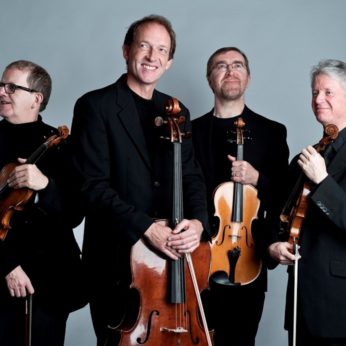On 20 November 1820, just south of the equator, the whaling ship Essex, from Nantucket, spotted a shoal of sperm whales. Two whaling boats were lowered from the Essex . The crew pursued and harpooned three of the whales. The largest of these at 85ft rammed the Essex and ‘stove her bows’. This remarkable incident was followed by an epic and gruesome three-month journey in open boats.
This was depicted by Essex first mate Owen Chase in his narratives from 1821. The original narrative of the whaling disaster inspired Moby-Dick. Melville’s famous description of the sinking of the Pequod by the white whale, one of the most exciting moments in American literature, was based on this true story. Chase’s account tells vividly of the crew’s three-month struggle while stranded in small open boats. Of twenty men, eight survived. Six, who died, were eaten by their shipmates, one, the cabin boy, after lots had been drawn. Chase writes that the captain exclaimed, “My lad, my lad, if you don’t like your lot, I’ll shoot the first man that touches you”. The boy replied, “I like it as well as any other”. He was soon dispatched, and there was nothing of him left.
The account and Melville’s subsequent masterpiece sheds light on both our darkest impulses and our most ascendant selves. In ‘What The Whaleship Saw’ I question the listener. Shipwrecked, floating aimlessly in the vast open ocean with your shipmates dying of hunger, and you will be next, what would you do? What the Whaleship Saw, details the darkest human instinct for survival. This piece is not pure narrative, nor a voyeuristic morbid fascination for the primitivism of the human instinct.
The music steals snatches of fragments, through extremes of timbre and instrumental range often as a concerted force stung by urgency. This is reflected in disparate harmonic gestures culminating in a crazed dance and swift struggle, which does not rest but dissolves into the deepest memory and simple line.
